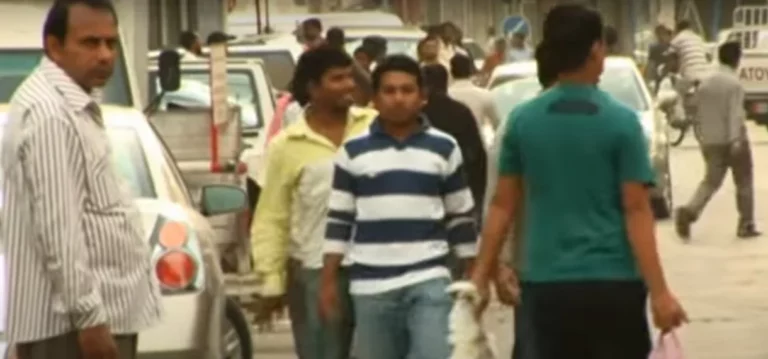Jobbik
Parliament did not vote about Sweden’s NATO accession

Zero tolerance will be scrapped in Hungary for drivers?

Czech prime minister outraged on Orbán’s keynote speech

Opposition urges session on Erasmus, Horizon programmes

Opposition Jobbik-Conservatives party initiates special parliament session over EU Erasmus financing

Dramatic turn in Hungarian politics: former PM candidate may return
Gábor Vona ran 3 times in parliamentary elections as the Jobbik party's candidate for Prime Minister. The politician has now...
Jobbik leader: Party not involved in unlawful foreign campaign donation affair

International warrant issued against Hungarian politician

MEP Gyöngyösi: Lay the foundations of conservatism in Hungary

Opposition: The Hungarian government is harming families with savings
The government should refrain from levying taxes on incomes from interests, since it would constitute an "almost unprecedented extraordinary tax...
Jobbik-Conservatives launches signature drive to demand ‘decent’ wages
The opposition Jobbik-Conservatives party has launched a signature drive demanding "normal wages", senior officials of the party told a press...
Opposition Jobbik has other ideas than bringing guest workers to Hungary

Jobbik calls for parliamentary debate day on ‘normal wages’

Government-opposition talks start about the future of education

Hungarian governing party continues to criticise the US ambassador
The EP group of ruling Fidesz strongly condemns the invitation of opposition Jobbik leader and MEP Márton Gyöngyösi to a...
Hungarian opposition: Hungary is a bad ally

MEP Gyöngyösi about the Seder dinner at the US Embassy in Pesach
András Heisler, President of the Mazsihisz, would like an apology from MEP Márton Gyöngyösi for his statements in 2012. At...
Jobbik: Poor quality Ukrainian grain floods Hungary





 ZH
ZH IT
IT DE
DE HR
HR NL
NL FR
FR JA
JA RO
RO RU
RU ES
ES TR
TR
